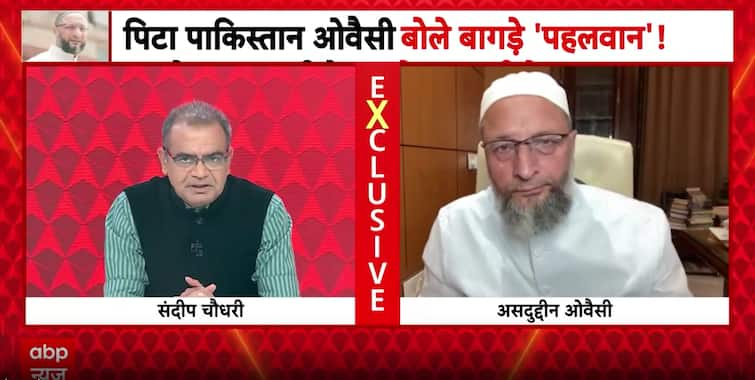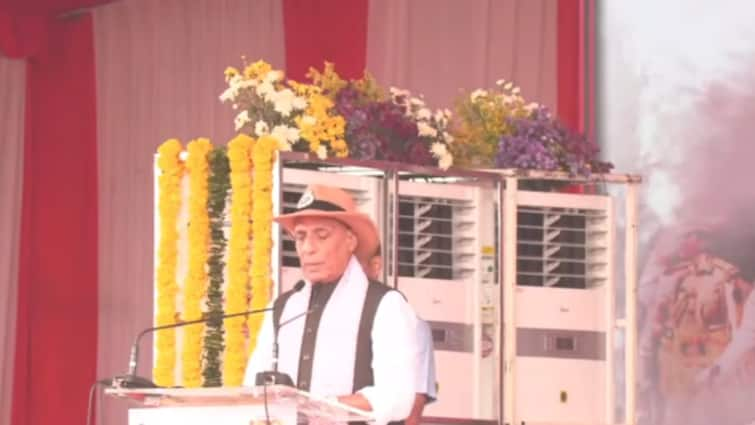The Supreme Court, in an important interim order on September 15, placed a stay on several key provisions of the recently passed Waqf Amendment Act. While the court did not suspend the entire law, it restricted parts that directly affected the management and definition of waqf properties. This included the controversial clause that questioned an individual’s religious practice before transferring property to the waqf.Asaduddin Owaisi, reacting to the judgment, said that while the stay offered some immediate relief, it was far from a complete safeguard for waqf institutions. He argued that many of the amendments still threaten the autonomy of waqf boards and could potentially make properties vulnerable to encroachment or political interference. Owaisi also criticized the government’s intent, questioning why Muslims should face extra scrutiny when other religious groups are not subject to similar restrictions.The court, however, reinforced the principle of separation of powers, clarifying that while Parliament can legislate, the judiciary has the responsibility to ensure laws remain within constitutional boundaries. Legal analysts believe this order has set the stage for a larger debate on religious freedom, property rights, and the balance of authority between Parliament and judiciary.



